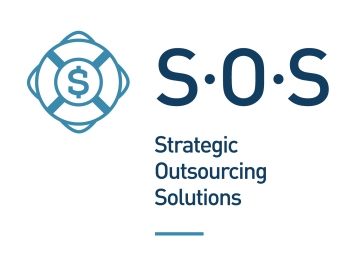Many health systems partner with an outsourcing vendor for their extended business office (EBO) functions. At THE HMC GROUP we do everything we can to make sure that we become a true satellite business office for the health system. So, that means we have to be in tune with all policies, procedures, mission, and values of the health system so that we can relay them to the patients seamlessly.
In future blog entries, I will talk about creating a comfort level for the patients during this time. However, let’s stick to 501(r) and how/where your early-out vendor’s touch points are while working with your patients. Most importantly, you want your EBO to mirror your 501(r) policies and your interpretations of the regulation:
As an early-out vendor and extended customer service call center, the HMC Group has a minimum of 4 touch points we use to advise the patient of the health system’s charity/financial assistance policies. We also alert the patient to what the future will hold should their bill time out with no payment (i.e., it may be turned over to a collection agency for activity).
1) Statements. Since the process involves customizing and sending of patient statements within the first 120 days of the patient balance, The HMC Group works with the health systems to establish bare minimum verbiage on each statement. This verbiage must express to the patient, at the very least, where or how they can retrieve and learn about getting/qualifying for financial assistance.
2) Inbound customer service message. We have dedicated phone lines for our health systems and their patients. This allows us to detail the hospitals 501(r) policies on the inbound phone message on where or how they can retrieve and learn about getting/qualifying for financial assistance.
3) Outbound customer service message. Whether we leave a manual message (i.e., live person) or a dialer/automated message, the thought process is the same as above (alert the patient where to get and qualify for financial assistance).
4) Live phone contact. We feel it is imperative that our team is trained on all of the policies, procedures, and details of the health systems we service. Right down to directions to the facility and where patients go at the hospital/facility to find out if they qualify for financial assistance. We relay this information to each patient during each live phone contact.
Your EBO is representing your organization and they should ensure your patients are treated well so they’ll return to you for future services.
